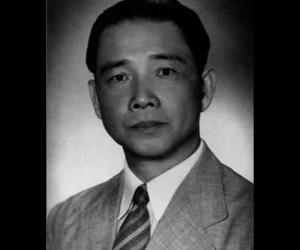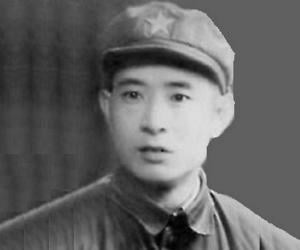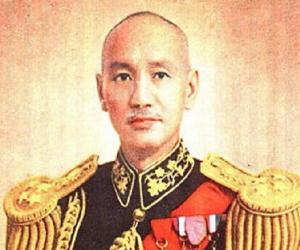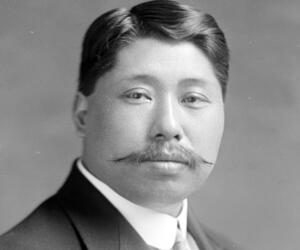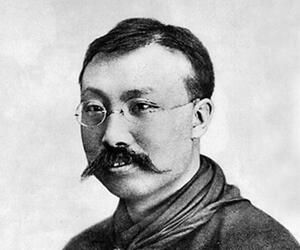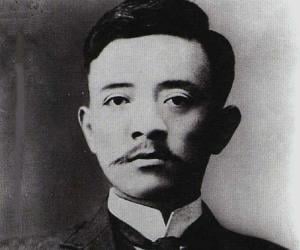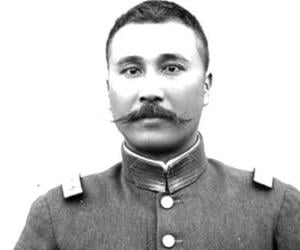1
Wang Jingwei
(1st President of the Republic of China)
Birthdate: May 4, 1883
Sun Sign: Taurus
Birthplace: Sanshui District, Foshan, China
Died: November 10, 1944
Wang Jingwei was a Chinese politician who initially led a government in Wuhan in opposition to the right-wing government in Nanjing. He was a close associate of Sun Yat-sen and engaged in a political struggle with Chiang Kai-shek for control over the Kuomintang. After failing to collaborate with the Chinese Communist Party, Wang became increasingly anti-communist. He accepted an invitation from the Japanese Empire to form a collaborationist government in Nanjing during the Second Sino-Japanese War, serving as its head of state until his death. His legacy is controversial, with some viewing him as a traitor.
